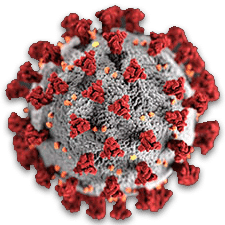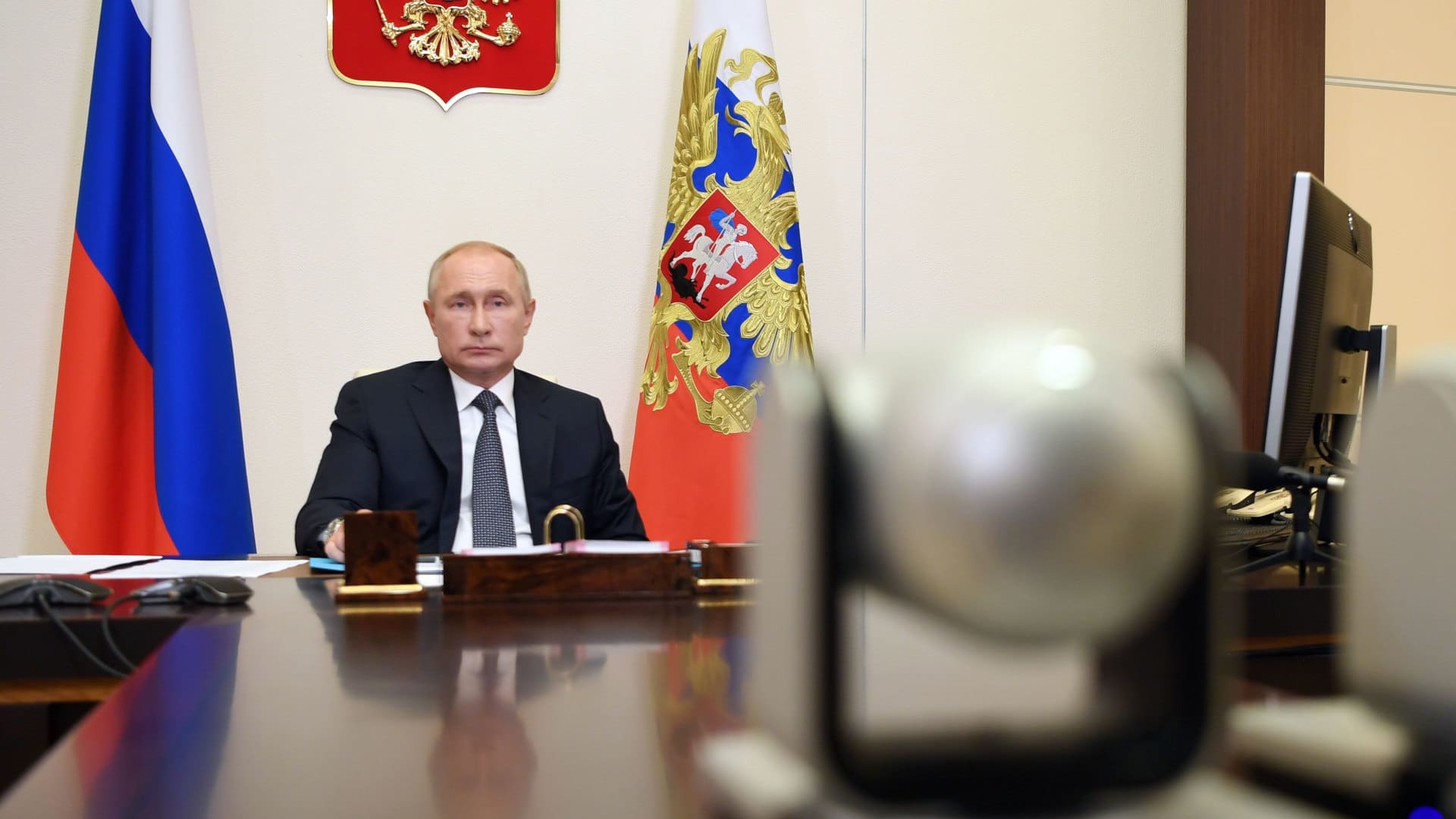In August, the Russian government unveiled, with pomp and flair, “the world’s first registered vaccine against Covid-19.” Although the vaccine — known officially as Gam-COVID-Vac but marketed as Sputnik V for a global audience — has yet to demonstrate its safety and efficacy in a phase III trial, an emergency use authorization was issued to make it available for limited use in the general public. This month, the horse finally caught up with the cart, as the vaccine developers published, in The Lancet, the results of phase I and phase II trials gauging the vaccine’s safety and its ability to provoke an immune response.
I have to confess that, as a science journalist-turned-science communicator, I am eerily attracted to the Sputnik V vaccine. Its rollout has been so significant, layered, and in-your-face that I, like countless other commentators, simply can’t look away — even though we know that making us look is what this game is about.
I am not at all in a position to comment on the validity of research results presented in the Lancet paper, or on the recent criticism the paper received, not yet from the pages of a journal but in an open letter from more than three dozen scientists. However, since even the authors of the study acknowledge that “further investigation is needed of the effectiveness of this vaccine for prevention of Covid-19,” it is perhaps more fitting for now to discuss the Russian vaccine case for what it already is: a public relations exercise. By that measure, I think there are a few takeaways that are especially relevant for science journalism and science communication.
 |
For all of Undark’s coverage of the global Covid-19 pandemic, please visit our extensive coronavirus archive. |
First, the current Russian government stands on the shoulders of people who sure knew how to exploit a scientific win for propaganda purposes. It’s no accident that the face of Yuri Gagarin, the first person to travel to outer space, might be at least as recognizable as Che Guevara’s. And it’s no accident that Russia’s new vaccine is called Sputnik, a Russian word that entered the English language with a beep in October 1957. Ironically, Sputnik was also the name of a very expensive state-backed search engine designed to fight a wave of supposedly anti-Russian content, and which was recently shut down. It appears the Russian government truly believes that Sputnik, one of the ultimate triumphs of the 20th century, is so resilient and so powerful a symbol that it cannot be sullied by any amount of outrageous showmanship or white elephant projects.
Second, while the outward-facing side of the government’s media operation boasted a high-profile vaccine announcement by Vladimir Putin (he casually broke the news at a government meeting) and carefully manicured online briefings for foreign journalists, the treatment of domestic journalists was much less friendly. I’ve heard exasperated tales of media inquiries going unanswered, of journalists being ghosted by PR officers, and of vaccine researchers being banned from communicating with independent reporters. Meanwhile, state-run media has enjoyed all the access they could want, provided they don’t want to ask the wrong questions. In crafting its success story, the Russian government has redefined the word “opaque,” when it comes to public accountability.
Third, and perhaps most painfully, the government’s recent communication about vaccination — an incredibly challenging and sensitive subject — has been a bit like that pigeon who plays chess by knocking over the pieces, crapping all over the board, and claiming victory anyway. Not only did the rollout of Sputnik V break the carefully crafted, long established rules of drug development, it put science journalists and communicators who challenge the official government line in the uncomfortable spot of taking a position that might be interpreted as dismissing or undermining the importance of vaccination. In this upside-down world, when you criticize Sputnik V, you risk being seen as an anti-vaxxer.
Finally, the predictable international backlash against the Russian vaccine does something that is insidiously bad for virtually everyone involved: It puts the Russian government on the defensive and feeds into the bigger propaganda story that Russia is surrounded by enemies only looking for a chance to stab it. This sort of vaccine nationalism plays to isolationist instincts: If everyone else is out to get you, then you can only count on yourself. When the government instinctively starts fighting back, it further entrenches the narrative, which, in turn, makes everyone suspect foul play even more. And like that, Sputnik V makes another vicious public relations orbit.
Commentators have argued that Russia’s flouting of public health norms sets a dangerous precedent. Government officials have attempted to justify this rule breaking by asserting, in essence, that there’s no time to explain, given the dire situation with Covid-19. Some defenders of the vaccine rollout have even invoked libertarian rationales that would make Ayn Rand smile. But in Russia, this is not a precedent at all. The no-time-to-explain logic is a favorite of a government that does not like to talk to its people, only at them.
Still, as the children’s saying goes, “words will never hurt us.” How much damage can the Sputnik V vaccine exercise ultimately do to real people’s lives? Won’t it all fade away like ripples in a pond? Quite possibly, no. By recommending that people of certain professions get vaccinated, the government is essentially pressuring them to participate in a risky phase III trial. And it’s reasonable to fear that, despite the government’s promises, many of these people won’t be volunteering to participate, they will have been “voluntold” to do so.
Moreover, Russia’s subversive action does not happen in a bubble. It could encourage an equally reckless push by the U.S. to approve a vaccine before the November elections. That is the problem with relying on individual actors to show collective restraint in front of a tempting goal post: Once someone does make a move, the perverse incentive to follow becomes too strong.
My hope is that the Sputnik V vaccine ultimately will prove to be safe. Then, future generations might look back at this whole affair as an unfortunate misstep, a minor sour note in the story of the world’s collective victory over Covid-19. But I also hope that this public relations stunt does not become the Sputnik moment that Russian science is most remembered for.
Olga Dobrovidova is a senior copywriter at Skoltech, a private research university in Moscow, Russia. Skoltech is not involved in the Sputnik V vaccine development in any capacity. Dobrovidova is also acting president of AKSON, the Russian Association for Science Communication, and vice president of the European Federation for Science Journalism.











Comments are automatically closed one year after article publication. Archived comments are below.
A little research would go a long way to avoid publishing stupid articles like this. A phase III efficacy trial involving more than 2000 people began on 12 August in Russia.. Besides being totally wrong on that point (and contradicting itself on that later in the piece), the rest of the article is just innuendo, personal prejudices, fears and discomforts. Absolute garbage.
It is obvious that there is a war to come forwards first, the money involved is huge, investments have been made in a extreme scale. . . But when a President comes with the idea that the vaccine should be made available for free this obviouly makes a all financial scheme trumbels. This should be investigated. Prediction is not as journalistic as investigate the coorporativic control over information, specially missinformation. As the pandemic advanced wwe saw medicins apearing as lifesaving and others being ddifamated as dasgerous. We have seen it all, how much the pharma industry plays dirty. It is obvious the russian vaccine works, perhaps not as good as the Oxford one, or a chinese one, but it allready works, specially when Putin offers it for free, and western countries secure almost all available future vaccine for immense amounts of money, a vaccine that yet does not exist. How will governments explain to its citizens that they wasted huge money with an empty promises?